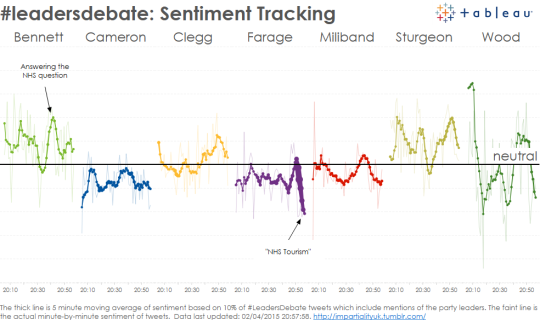
Of course we want to know the sentiment of what people are saying on social media. Even I’ve done some sentiment analysis during this campaign (above). It’s natural and it’s the type of “analysis” which gets the most traction.
Demos and The Daily Telegraph are successfully tracking the debates throughout the campaign: it’s very compelling stuff. BBC Click’s latest episode features a great piece on the sentiment analysis behind this work.
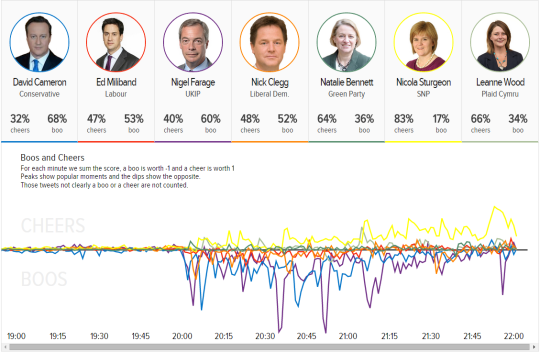
But is sentiment analysis any good? And if it isn’t, should we use it?
Consider this tweet from @bbcnews, What is its sentiment?
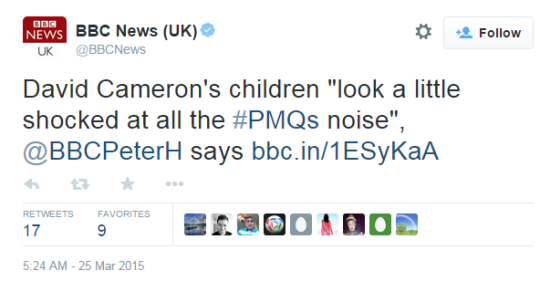
It’s neutral, as is the majority of media tweeting. They are stating facts. Check out the rest of @BBCNews’s Twiitter feed. There are many emotive words but the sentiment, as humans interpret it, is largely neutral.
However, a machine will look at the language and see “shocked” and “noise” and identify this as a negative tweet. This is but one example.
Even when tracking reactive tweets such as those made in response to the Leaders’ Debate is fraught with danger. Here’s one from a Lib Dem campaign office:
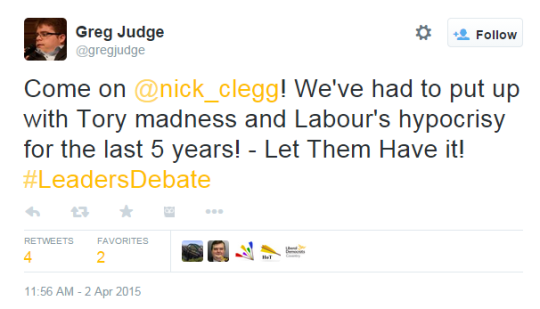
Is it positive or negative? It’s positive – he’s encouraging Clegg. But even the best sentiment engines won’t get this right – they’ll see the words hypocrisy and madness and think it’s negative.
My conclusion? Be entertained by sentiment analysis but be very very careful about drawing any serious conclusions from it. When you are looking at huge numbers of tweets, sentiment does become more accurate but it always needs a human touch and shouldn’t be taken at face value when reported in the media.


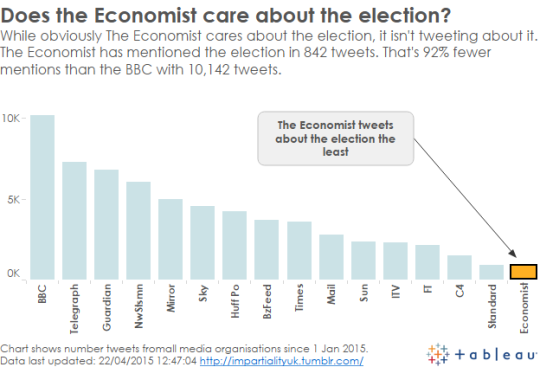

Recent Comments